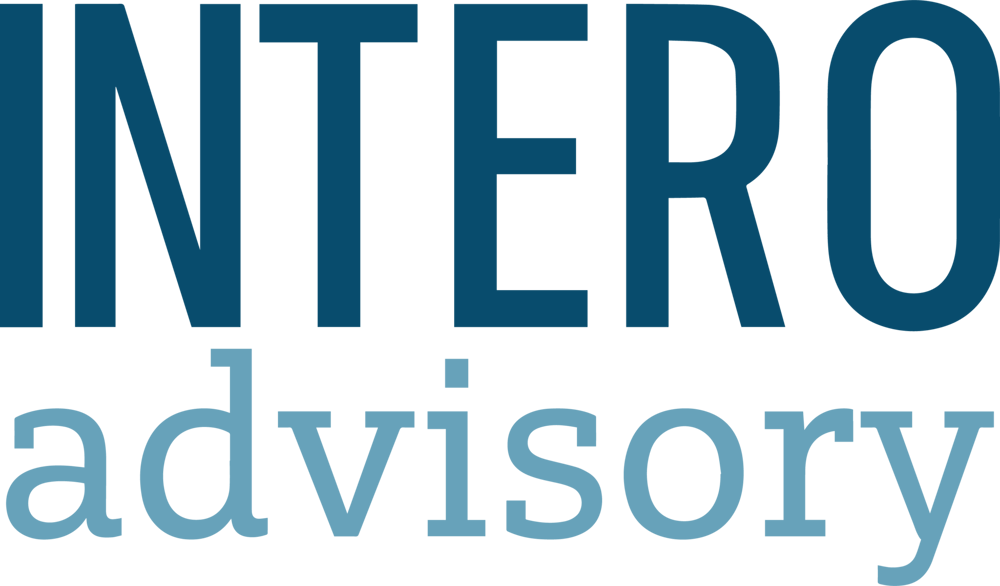I have been an athlete my entire life; my childhood was running from one game or practice to the next, and with two older sisters also playing sports, it is safe to say I spent a decent amount of my life on a field somewhere.
Although I played a sport every season from the time I was five until high school, sports were a hobby for me until I went to college. During my college search, I thought I wanted to leave behind the sweaty, smelly days, and just go have fun (and learn). But in the end, I decided against a big, southern school and landed at Washington College, a small D3 school in Chestertown, MD. Sydney had played lacrosse there the four years prior to me, but I had spent many Saturdays in high school on the Kib. When admitted students day came around, I knew I wanted to try out for the team. I walked on the Washington College Women’s Field Hockey team in the fall of 2014.
To say that was the best decision of my life would be an understatement. I was never the strongest girl on the team, never racked up hours of playing time, I wasn’t the leading scorer, and I never needed to be. Field hockey at a collegiate level taught me more about myself and who I wanted to be than I could ever imagine.
Our coach’s biggest goal wasn’t for us to win the NCAA title (although I am sure that would have made her very happy). She spent countless hours turning us into young women that we could all be proud of. When tragedy struck, she taught us how to show up for the ones you love. She taught us to care for one another and communicate our feelings. She showed us the value of teamwork, the power of hard work, and how to use it all in the real world.
How what I learned on the field translates to the workplace:
Doing What It Takes: Gone are the days of running 300s in below 30-degree weather in the pitch black at 5 a.m. or 3-a-days where the turf clocks in at 100 degrees. Gone are the days of waking up hours before class or pulling all-nighters to make sure that my grades did not struggle. But what I learned in all of those moments when my alarm started blaring at 4:45 a.m. and it was freezing outside, was that I didn’t have a choice. Of course, I could quit or worse, not show up for lifts, but in my head, that was not an option. I was committed to getting better, committed to showing up and doing whatever it takes to get the job done.
That is how I feel about work. Not giving my clients what they asked for or need is not an option. I will do whatever it takes to make sure that each and every one of my clients has a good and successful engagement with us. Athletes are taught from day one to finish the job, to achieve their goal, win the trophy, no matter what it takes.
Time Management/Discipline: My first semester of college our team was under a 72-hour rule, which means that 72-hours before a game we could not be at any type of party or get together, and, considering we almost exclusively had Wednesday and Saturday games, my first four months of college were filled with very minimal socializing. In that first four months, I was balancing field hockey and school and I couldn’t imagine what my grades would have looked like if I had to manage a social life as well. In the working world, I practice my time management skills daily. There is always quite a bit on my plate, and it takes discipline and time management to make sure that it all gets done on time and correctly.
Communication and Teamwork: The two most important elements of being an athlete is teamwork and communication. Teamwork goes beyond supporting each other on the field, I have learned how to collaborate with other athletes, coaches, athletic trainers, and directors, and it has made me confident in my ability to collaborate with anyone. Just like on the field, at work we pick up each other’s slack when necessary, we help each other out when someone is on vacation or sick and can help work through personal or professional problems together.
On the field, being loud and communicating is how you win a game, lucky for me being loud comes naturally. But, being on a team has taught me when to be loud, when to speak up, and how to voice my opinion without diminishing that of others.
It has been said by Inc., Forbes, and CNBC, among many others that hiring athletes is the best thing that you can do for your business. They have learned and implemented life skills and practices that will excel them in the workforce.




